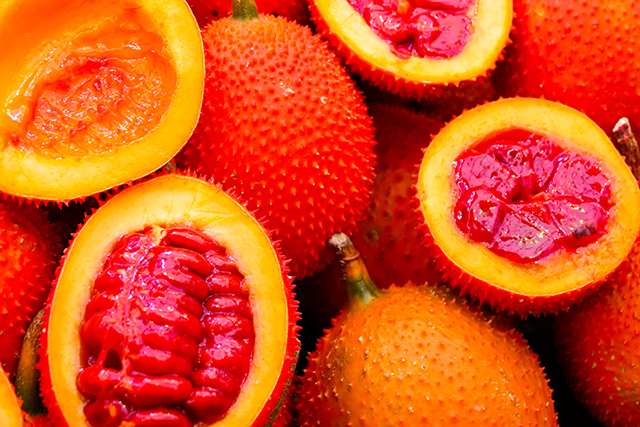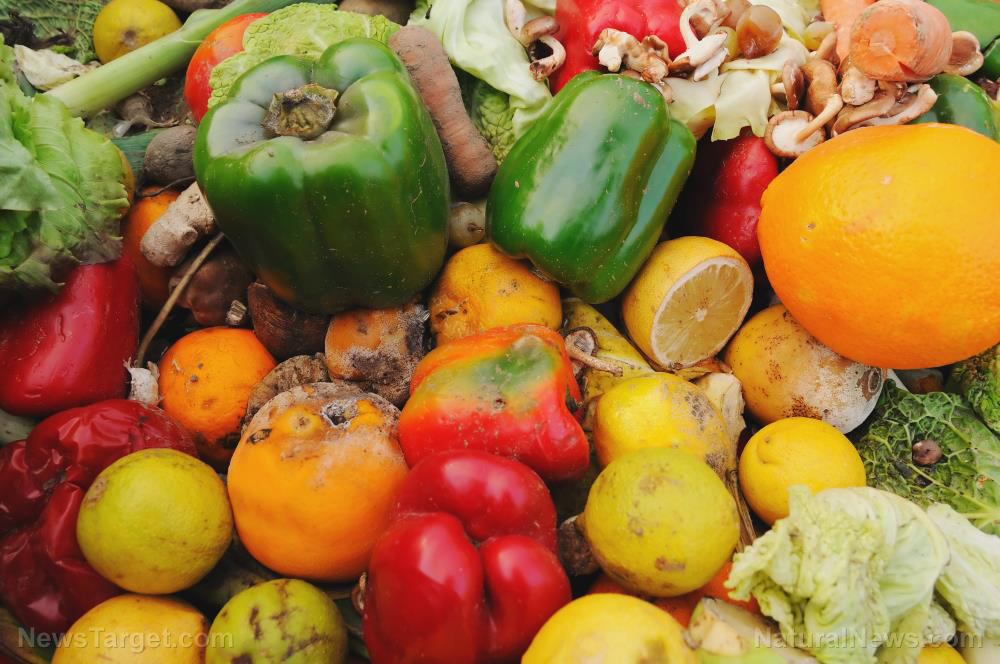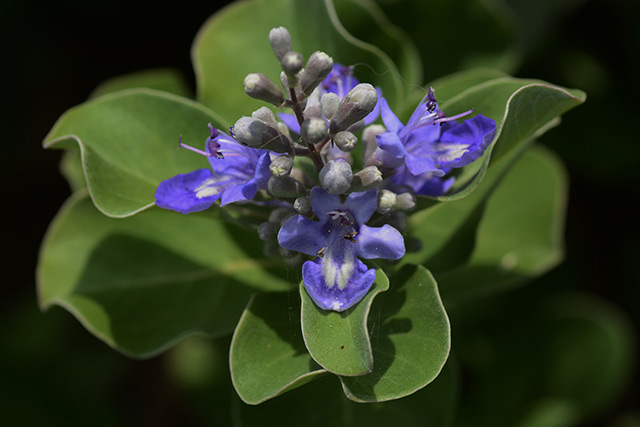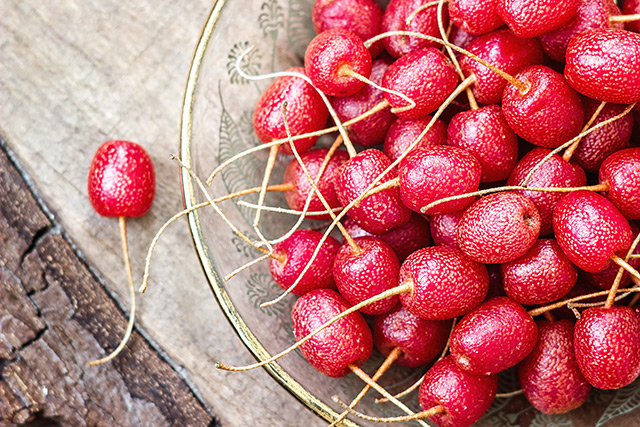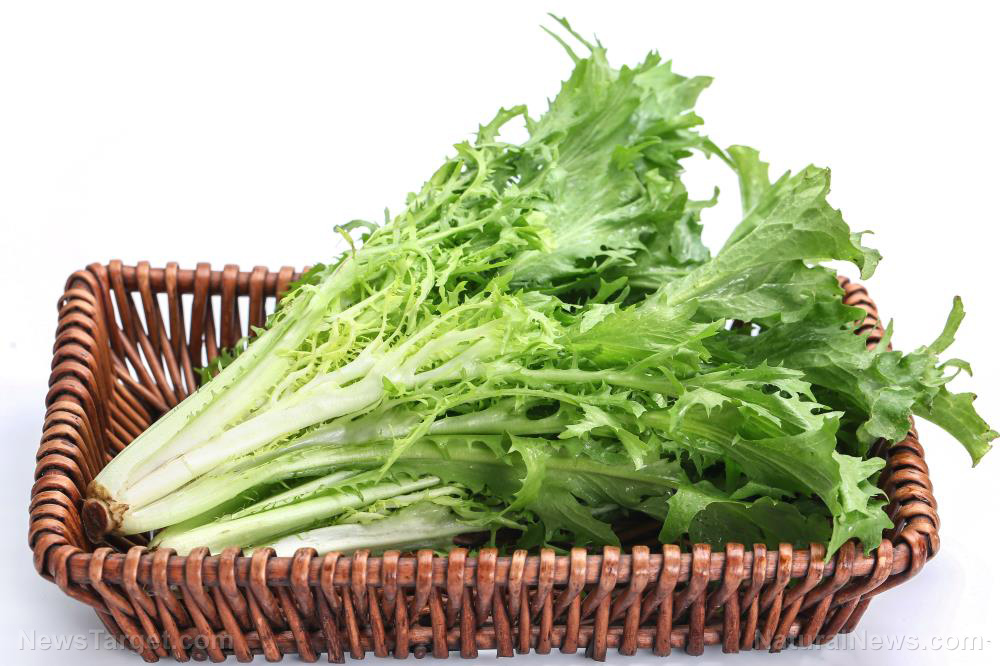Eat more rice: Study finds the traditional Japanese diet improves mental health
02/19/2018 / By Michelle Simmons
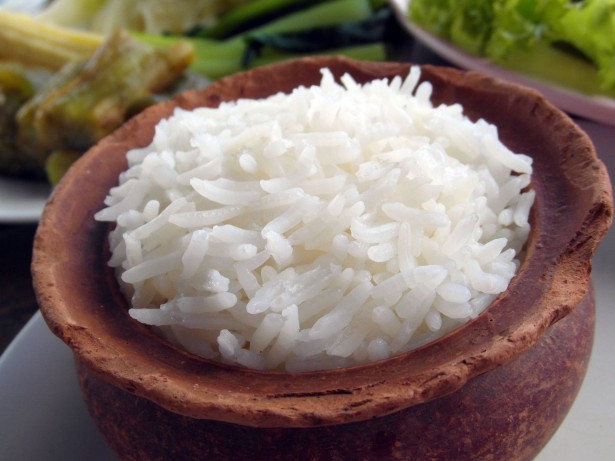
Also known as Washoku, traditional Japanese diet is known to be nutritious and balanced. However, its benefits on mental health have not been studied until recently. A study published in the journal PLOS One found that rice, which is the center of a traditional Japanese diet, can help improve mental health.
A team of researchers from the Hokkaido University Graduate School of Medicine and Tenshi College in Japan carried out a survey to analyze the dietary habits and mental and physical health of the Japanese population. The study was based on 278 individuals who were both physically and mentally healthy and at least 40 years old. The research team then evaluated the participants’ daily consumption of staple foods such as rice, rice-based foods, bread, noodles, and cereal for their three main meals: breakfast, lunch, and dinner.
The study revealed that improvements in sleep quality and overall quality of life are associated with the consumption of rice. However, noodles and bread intake did not show the same associations. Meanwhile, eating a combination of rice and miso or soybean paste soup – another Japanese dietary staple – could also improve physical and mental health.
These findings support a previous longitudinal study that looked at the changes in the Japanese diet every 15 years, from 1960 to 2005. In the previous study, it was discovered that a Japanese diet that was comprised of more rice and miso soup was mostly responsible for preventing cognitive decline. Miso contains flavonoids that help boost brain function and learning ability and improve memory. (Related: Stunned scientists finally admit Japan’s high life expectancy linked to diet, not genes.)
The researchers also said that the current study indicates a link between rice intake and physical and mental health, with indirect contributions from intakes of other foods as mediators.
“The foods that were associated with improvements in health were components of the traditional Japanese diet,” the researchers wrote.
Furthermore, the researchers noted that one of the factors that affect the impact of traditional Japanese diet is how long a person has been regularly consuming a particular diet. For instance, the study’s participants have been eating a traditional diet since 1975.
“The contribution of the rice-centered Japanese diet to health may be explained by the effects of mediators, which are foods that have been familiar to the Japanese for a long time,” the researchers wrote.
Why traditional Japanese diet is healthy
Listed below are reasons why washoku is considered a healthy diet.
- Washoku bases its flavor from its ingredients – Unlike the Western diet, traditional Japanese diet does not use additives to enhance flavors. Instead, the flavors are obtained from all the ingredients through different techniques.
- Washoku does not use sugar – Instead of sugar, sweet sake or mirin is used as a sweetener for Japanese cooking. This contains 58 grams (g) of sugar per 100 g, compared to 98 g sugar per 100 g of white sugar. It also contains lower glycemic index, which indicates that energy from mirin consumption will last longer and keep sugar levels stable.
- It is rich in vegetables – Traditional Japanese diet is mainly composed of vegetarian ingredients, which are primarily boiled.
- It is simple to prepare – Washoku is simple because its dishes do not need much additional flavor; its natural flavors are obtained from natural ingredients only.
- Washoku is a well-balanced meal – Ichi ju san sai, the most standard style of Washoku, is composed of one main dish, two side dishes, rice, and miso soup. Every meal contains rice and miso soup, and a main dish with side dishes. The main dish is typically fish or meat as a source of protein, while side dishes usually contain vegetables, mushrooms, and seaweed.
If you’d like to read more news stories and studies on mental health, go to Mind.news today.
Sources include:
Tagged Under: #nutrition, brain function, Diets, food choice, food news, food science, Japanese rice, mental health, prevent disease, rice, tradition Japanese diet, washoku





